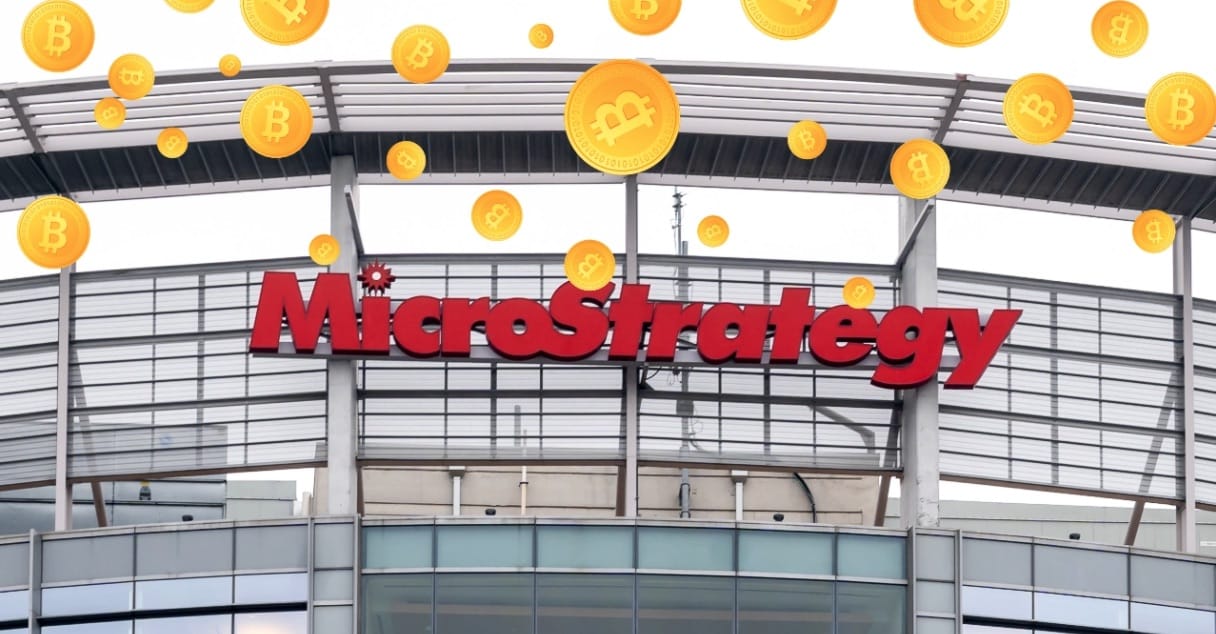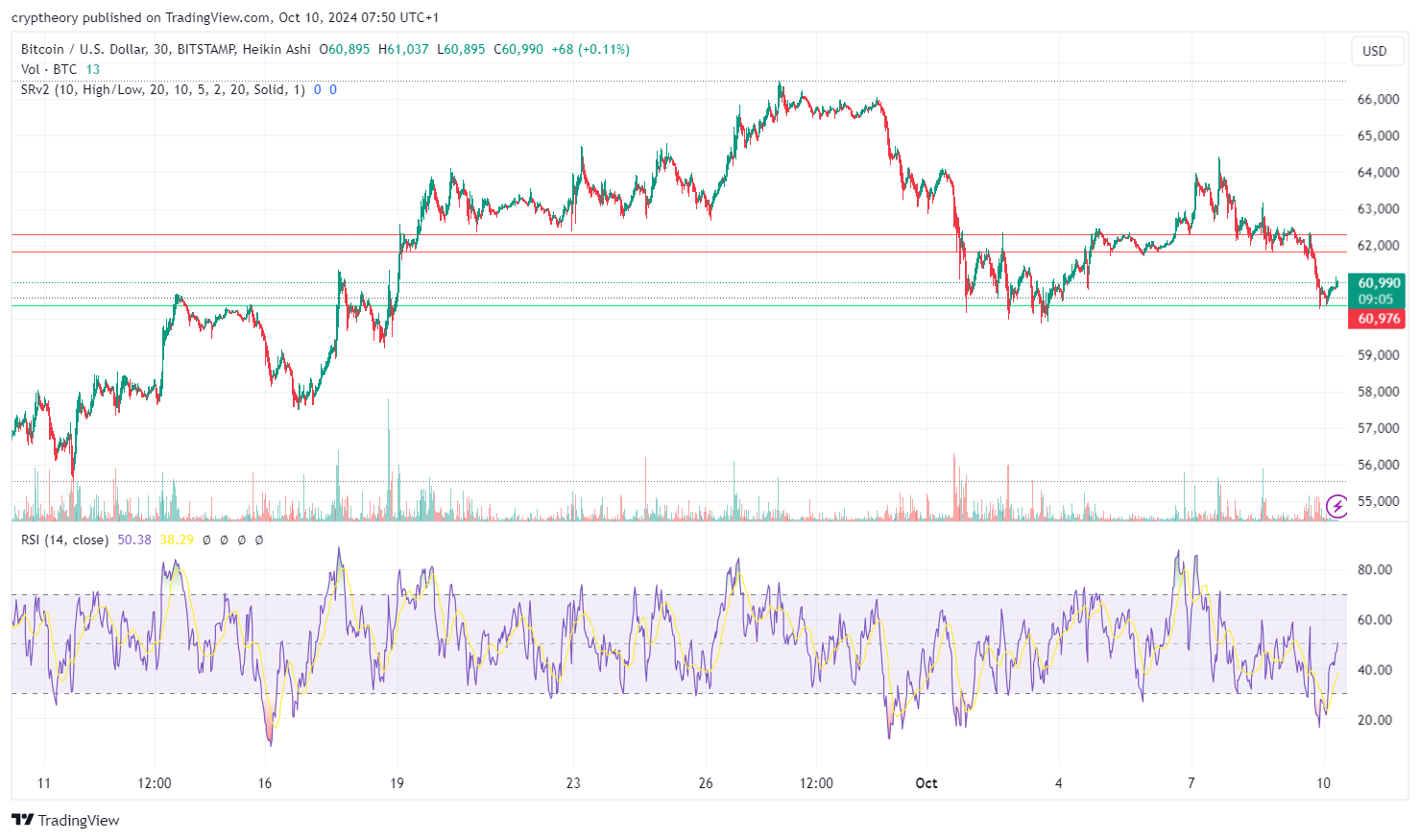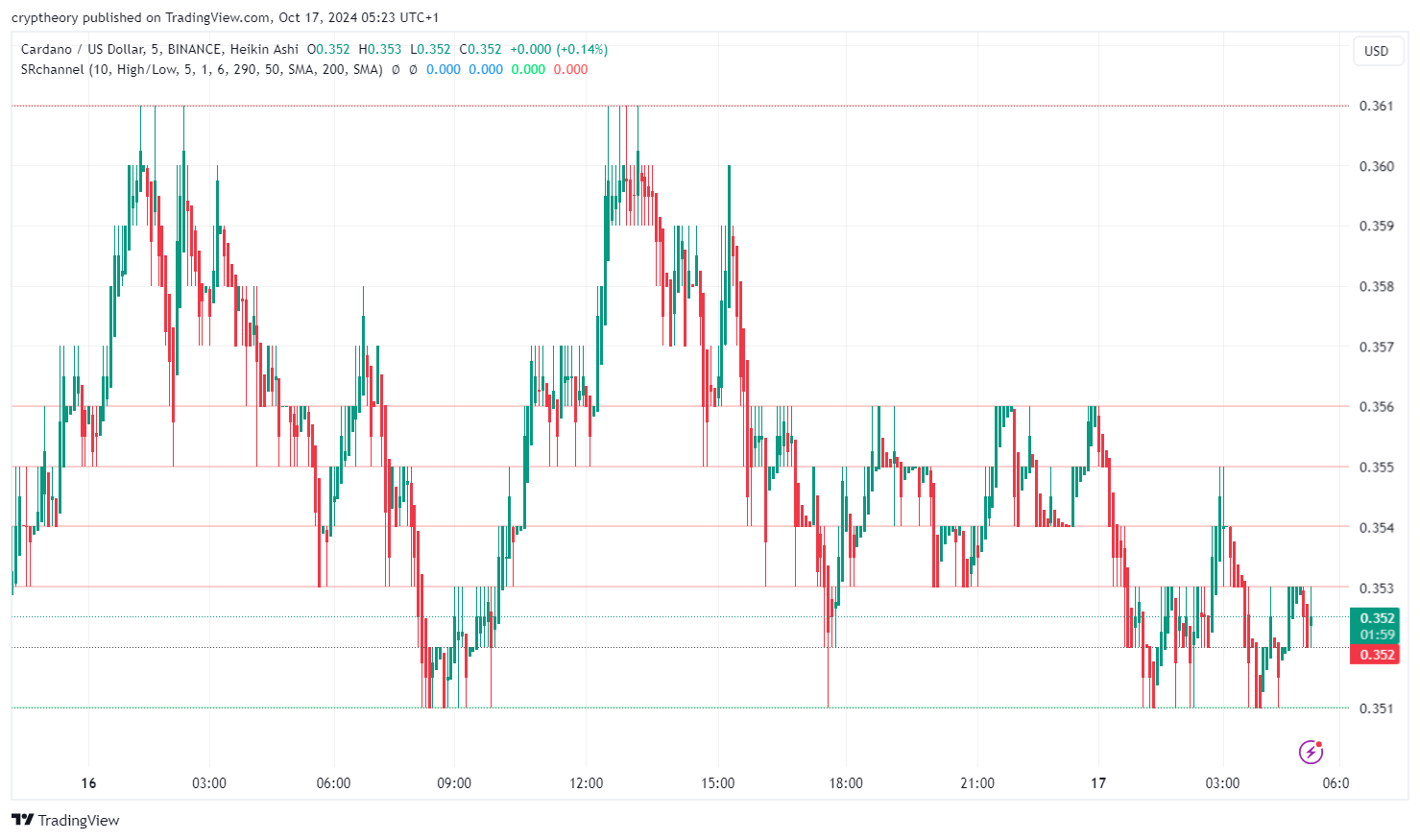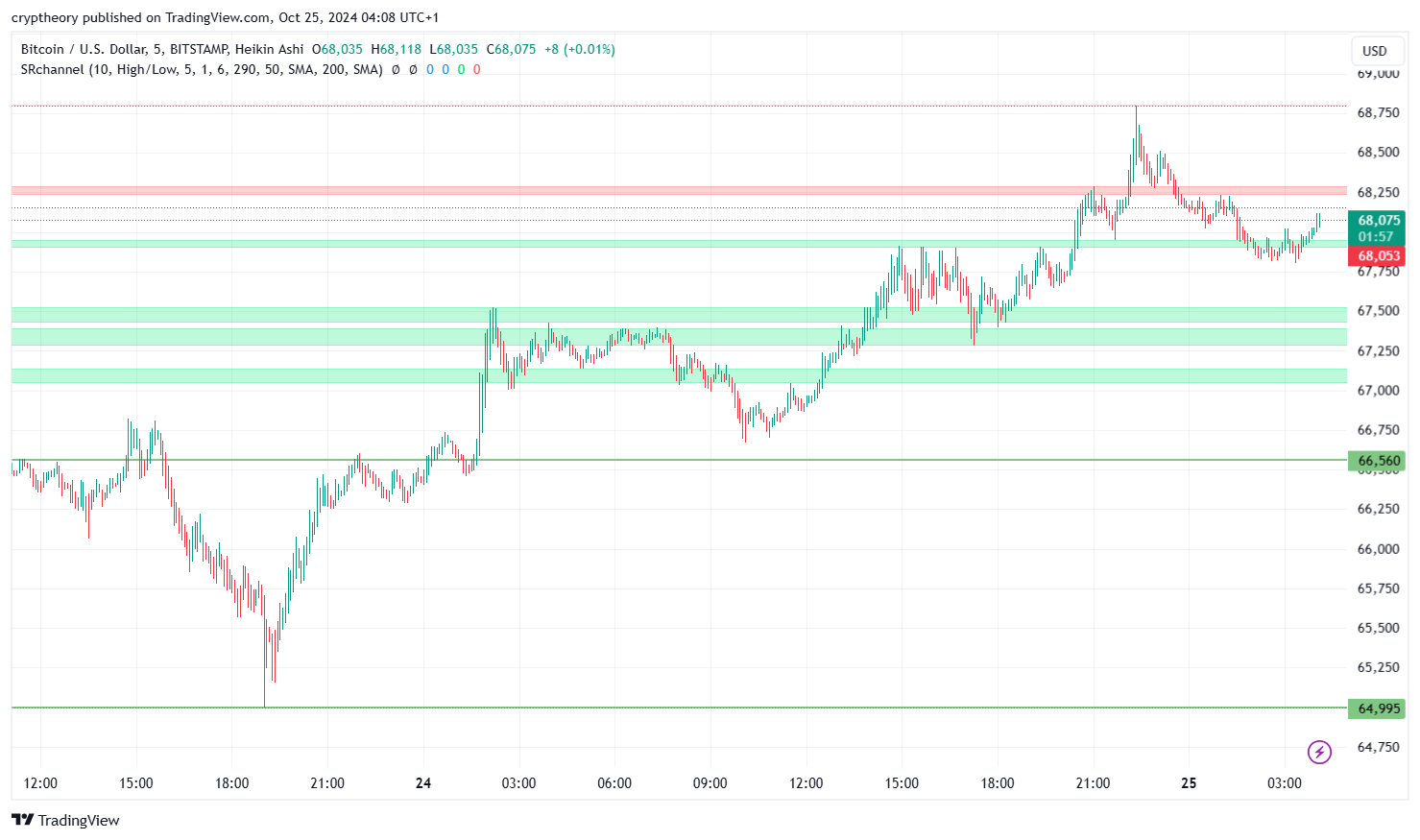This Wednesday (18) the official vote for the implementation of the hard fork on the Earth network (LUNA) began. The move is aimed at getting the blockchain back after its collapse, but blockchain security firm PeckShield has already identified a scam associated with the vote.
According to the company, the scam was implemented this Wednesday and was called Terra Luna Classic (LUNC). This is the same name that will be given to the current network if the fork will be approved. That is, the project aims to take advantage of the event to take money from users.
Scam created in Binance Smart Chain (BSC) has already been identified by PeckShield. However, BSC has not yet classified the network as suspicious. Even so, do not connect your wallet or send any cryptocurrency to this address.
#PeckShieldAlert #honeypot PeckShield has detected Terra Luna Classic $LUNC https://t.co/cvaFjEBPrn is honeypot. Do *NOT* fall prey to it! Terra 2.0 (or not) is still in Preliminary Vote. #LUNAtics @LFG_org @terra_money @pinkecosystem pic.twitter.com/RF5DoD9LVe
— PeckShieldAlert (@PeckShieldAlert) May 18, 2022
Hackers take advantage and apply scam
The expectation with an eventual approval of the fork made the hackers anticipate. According to PeckShield, the scam would be using a phishing site called v2terra.com. The objective is to go through the Revival Plan V2 official name of the proposed division of Terra.
Although branded as a scam, the fake project was actively traded on PanakeSwap, BSC’s main decentralized exchange (DEX). the most popular BSC based exchange. According to data from PancakeSwap there were US$ 149 thousand in LUNC traded in the last 24 hours.
However, the project came to record a volume of almost $1 million in a seven-day period, which means that this scam has been active for quite some time.
The scam is called a honeypot. It came about after the proposal on splitting the Terra blockchain was put to a vote. THE vote is already in effect and should be open for the next seven days.
A honeypot is a smart contract that pretends to distribute some funds to a user, as if it were an airdrop. But for this to happen, the user must send an amount of cryptocurrencies requested by the contract.
However, once the user submits the funds are locked into the contract. No one else can access them except the creator – usually a hacker. Therefore, whoever sent the money does not receive anything and loses the amount that was disbursed.
A common example of a honeypot is scams that promise to send back double the amount deposited. In this regard, the scam promises an airdrop of two Ether (ETH) for a user who sends 1 ETH.
PeckShield has warned that Terra fork vote is taking place and will be over in a week. Therefore, any project that uses the name “LUNA Classic” is a scam. “Don’t plug in your wallet! Terra 2.0 is still in preliminary voting,” warned.
Understand the proposal
According to Do Kwon, the proposal seeks to create a new blockchain, but without the stablecoin UST. The new network will inherit the name Terra, while the old one will be named “Terra Classic”.
This revamp is similar to what happened in the attack on The DAO, which affected the ETH network in 2016. The event also split the network, creating a new one (ETH) and keeping the original network (ETH Classic).
In the end, the ETH hard fork prevailed and today it is the second largest blockchain in the world. However, the division was not well approved by the community. About 90% of users rejected Do Kwon’s initial proposal. Still, a new proposal was put to a vote.
Binance coin price prediction 2022 – 2030






















